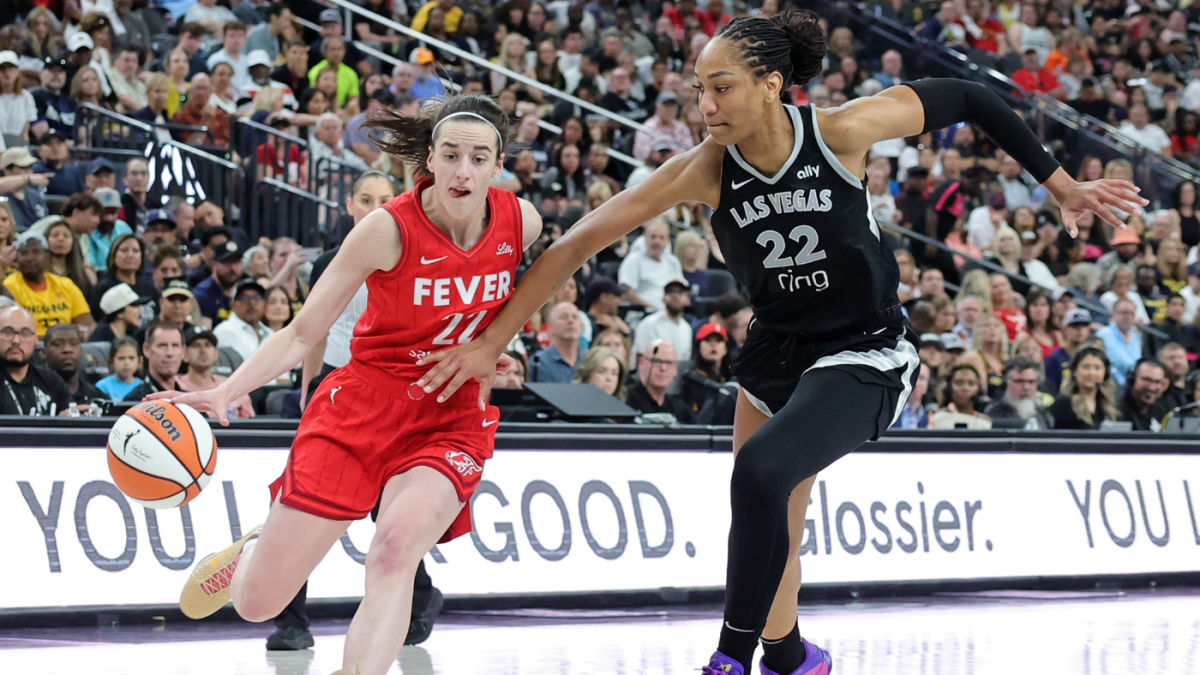The 2025 WNBA All-Star Game has emerged as a pivotal moment in the league’s history, capturing the imagination of fans and sports enthusiasts alike. This year’s event is particularly noteworthy for its star-studded roster, which includes both legendary figures and rising talents. Players like Paige Bueckers, Caitlin Clark, and Napheesa Collier have become central figures in the narrative, reflecting a league that balances tradition with fresh energy. The event offers a unique lens through which to examine the current state of the WNBA, the significance of emerging stars, and the broader cultural implications of women’s professional basketball.
One of the most compelling aspects of the 2025 All-Star Game is the inclusion of rookie sensation Paige Bueckers as a starter. Her selection is a testament to her rapid rise and the league’s commitment to nurturing young talent. Bueckers, who gained fame for her dominant performances in college basketball, has seamlessly transitioned into the WNBA, capturing the attention of fans and analysts alike. Her nomination as a starter highlights her exceptional skills and marketability, which have propelled her into a leadership role from the outset. This development underscores a broader shift within the league, where youthful energy, flashy playmaking, and strong fan engagement are increasingly valued. Bueckers’ journey exemplifies the league’s strategic emphasis on cultivating the next generation of superstars who can carry the sport forward with passion and authenticity.
Fan engagement has become a cornerstone of the All-Star selection process, with voting mechanisms playing a crucial role in determining the roster. Caitlin Clark and Napheesa Collier led early fan voting, with Clark notably breaking records for consecutive years. This demonstrates her dominance in digital presence and popularity, which has translated into a significant influence on the selection process. Fan voting accounts for half of the decision-making process, reflecting a democratized approach to player recognition that fosters closer connections between athletes and supporters. The voting process also highlights broader trends within professional sports, where fan participation increasingly influences roster selection. Players like Clark, known for their social media prowess, exemplify how athlete branding aligns with fan engagement, creating a feedback loop that elevates both individual and league visibility. This dynamic not only boosts viewership and merchandise sales but also strengthens the emotional investment of fans in the league.
The designation of Caitlin Clark and Napheesa Collier as captains adds an intriguing strategic layer to the All-Star festivities. Their role in selecting teammates via a draft introduces a competitive and informal leadership dynamic, emphasizing camaraderie, strategy, and personality. Historically, All-Star games have been primarily about honorable selection, but the draft format injects entertainment and personal narrative into the event. This approach accentuates the importance of leadership qualities on the court and within the league’s culture. Clark’s emergence as a captain, especially after breaking voting records, embodies her influence and recognition as a central figure. Collier’s selection signifies her rising star power and leadership within the league, highlighting a shift toward players shaping their legacy through direct participation in team assembly. The draft format not only enhances the entertainment value of the event but also provides a platform for players to showcase their strategic thinking and team-building skills.
The roster’s composition reveals a fascinating balance between seasoned veterans and emerging stars. Players like Nneka Ogwumike, who earned her 10th All-Star selection, bring a wealth of experience and leadership to the league. Ogwumike’s longevity underscores the enduring excellence and mentorship that veterans provide, offering stability and guidance to younger players. Meanwhile, established stars like A’ja Wilson, Breanna Stewart, and Sabrina Ionescu further anchor the lineup, exemplifying excellence at the highest level. Their participation not only boosts viewership and sponsorship interest but also bridges the gap between different generations of fans. The inclusion of both veterans and rookies demonstrates the league’s commitment to honoring past achievements while promoting future legends. This balance ensures that the All-Star Game remains a celebration of the sport’s rich history and its promising future.
The 2025 WNBA All-Star Game is more than a showcase of individual talent; it embodies a narrative of growth, representation, and empowerment. As the league continues to evolve, the spotlight on diverse players, including rookies and veterans, signals an ecosystem that values both experience and innovation. The event’s media coverage, including predictions about who should start and debates about team selections, highlights an engaged and passionate community. This interaction boosts the league’s profile, positioning it as an increasingly vital part of sports entertainment and cultural discourse. The visibility of stars like Clark and Bueckers contributes to the normalization and celebration of female athleticism on a global stage. Looking ahead, the momentum generated by events like the All-Star Game can be catalytic for increased investment, youth participation, and societal recognition of women’s basketball. As the league’s fan base grows and players become role models, the cultural resonance of these athletes extends beyond the hardwood, touching on themes of resilience, advocacy, and the pursuit of excellence.
In conclusion, the 2025 WNBA All-Star Game stands as a testament to the sport’s vitality and evolving landscape. It captures the energy of emerging stars like Paige Bueckers alongside seasoned icons, driven by passionate fan participation and innovative formats. As players like Clark and Collier lead with their talent and charisma, they are not only shaping the game but also inspiring future generations to aspire, compete, and redefine what women’s basketball can be. This event is more than a game; it’s a celebration of progress, potential, and the relentless pursuit of greatness in women’s sports. The 2025 All-Star Game serves as a reminder of the league’s enduring appeal and its ability to captivate audiences with a blend of tradition and innovation. As the WNBA continues to grow, events like this will play a crucial role in shaping the future of women’s basketball and its place in the broader sports landscape.











